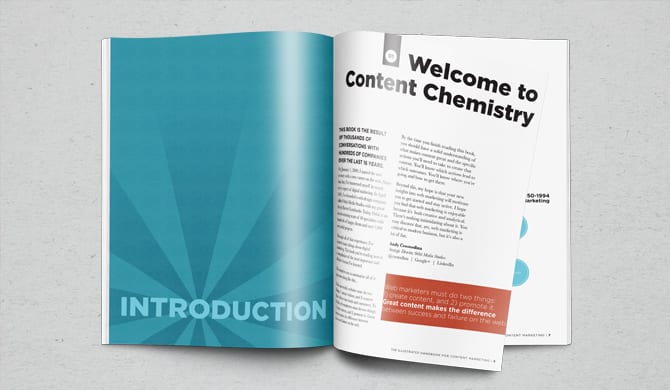Suppose you’re doing some PR and media relations work for your ninja supplies company. Your goal is to get some attention in the press, but also to increase traffic to your site. You wake up on Monday morning, ready to get to work. You’ll be pitching a story about advances in throwing star design, so you’re looking at possible media outlets, researching editorial schedules and digging through your contacts. You’re about to leap out from the shadows and connect with a journalist or editor…
Hidden Opportunity
But wait! There is a hidden factor that can affect your marketing results, separate from reach, readership and subscriber rates. This press piece you’re seeking has another benefit: search engine marketing. If the publication has a site where the article would be posted, and if the article will have a link back to your own website, there is indeed an opportunity here.
Because there is a relationship between PR and SEO, it’s important to take a moment to check something: the “domain authority” of the publication’s website. You can look it up on www.OpenSiteExplorer.com. It’s a number from 1 to 100, a measure of how popular the site is among other sites. If many sites are linking to the publication’s website, the number will be high (in the 50-70 range). If those linking sites themselves have many incoming links, it may be very high (in the 80s or 90s).
Why Is This Important?
The most important factor in how high your ninja website ranks is the number and quality of inbound links. Each of those links is an indication to Google that you’re an important site. A high number of high quality links equals higher rank. Domain authority is a measure of the quality and value of a site and thus the value of an inbound link. There are many other factors, but just knowing this is enough to help you better promote those ninja supplies.
Of course, not all publications will give you a link. And even if they do, not all links are created equal. The ideal placement for the story you’re pitching is on a site that will link back to you, especially if that site has a high domain authority. If they do, there is a huge search engine benefit to you.
A Few More Tricks
Links are great, but the best links are those that have your target keyphrase in the text of the link. For example, if you’re trying to rank high for the phrase “ninja supplies”, the ideal links to your site include the words “ninja supplies” within the link text.
Typically, when a news media site creates a link, they simply use the business name as the link text. This is why business names that include the target keyphrase, such as “Bob’s Ninja Supplies”, have an SEO advantage over businesses that have names without a popular search term in the name, such as “Dojo Depot.” When the business name and domain name include a nice keyphrase, building valuable links is a lot easier. Good news for Bob the ninja.
Also, it’s always good if the link to you is on a site that is relevant to the site you’re promoting. In other words, a link to your site from Ninjitsu Daily is better than a link from Golf Digest. Google pays attention to this.
![]()
Bottom Line
Some PR professionals don’t know it yet, but they have a secret opportunity to help clients with link building and search engine rankings. They can sneak in and get links that a typical search optimizer can only dream of. It’s another weapon in their marketing arsenal. By networking with the media, working the phones and pitching high-quality content, their actions can lead to a link on a major media website.
Use those stealth research skills to discover which possible news outlets, media sites and blogs might be good places to get an article (and a link) placed. Of course, getting press is always a good thing, with or without links. But think of it this way: Ink is good, ink plus a link is better!




